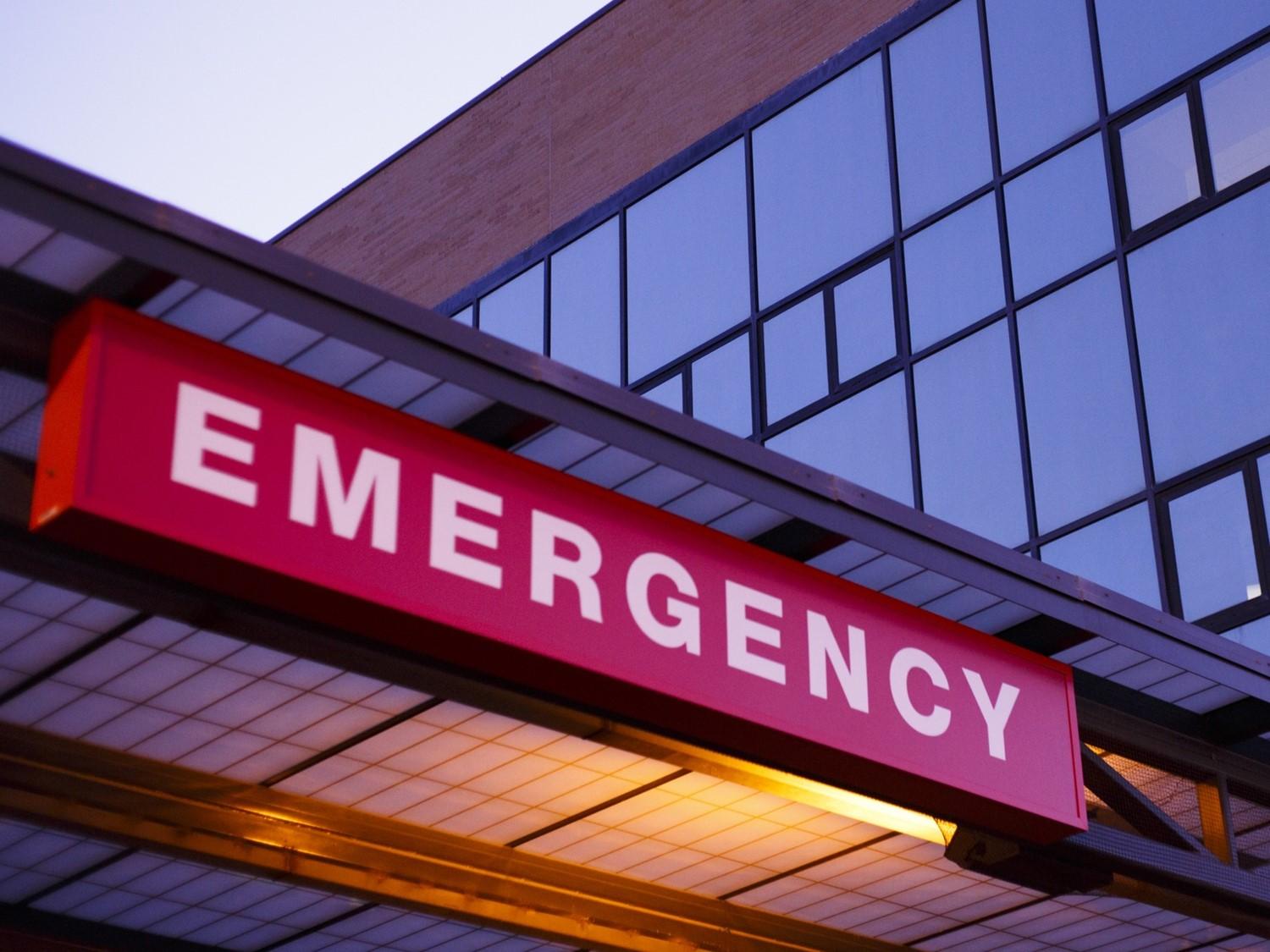
Sepsis-Warnzeichen, die Sie kennen müssen
Peer reviewed by Dr Colin Tidy, MRCGPLast updated by Victoria RawLast updated 8 Sept 2025
- HerunterladenHerunterladen
- Teilen Sie
Teilen Sie
Sepsis is a reaction by the body to severe infection with a bacterial, viral or fungal germ. It's always a medical emergency, and can be fatal if not caught early. You can arm yourself against this by knowing the symptoms so you can seek help early.
In diesem Artikel:
Septicaemia, sometimes known as blood poisoning, happens when an infection spreads through your bloodstream. Sepsis is an infection affecting the whole body, and strictly speaking refers to the way your body responds to this infection.
According to the UK Sepsis Trust, around 1 in almost 300 people develop sepsis in the UK every year. It's more likely if your immune system isn't as strong as it should be. This means children, whose immune system is still developing, and over-75s - your immune system wanes with age - are most vulnerable. Your chances are also raised if you're on steroids or cancer treatment, have a medical condition such as blood cancer, have had surgery or drink a lot of alcohol, have a long-term catheter, or have diabetes.
Sepsis-Warnzeichen, die Sie kennen müssen
The signs to look for
The Sepsis Trust, which campaigns to raise awareness of sepsis, has developed a checklist to help you spot signs of possible sepsis:
Slurred speech or confusion.
Extreme shivering or muscle pain.
Passing no urine - in a day.
Severe breathlessness or sleepiness.
It feels like you're going to die or pass out.
Skin mottled or discoloured.
An extremely high or a very low temperature, repeated vomiting, seizures, and a rash which doesn't fade when you press a glass against it are also possible warning signs.
In children, the signs may be different.
You should think sepsis if a child:
Is breathing very fast.
Is confused or disorientated.
Has a fit or convulsion.
Has clammy, cold skin and looks blue, pale or patchy (mottled).
Has a rash that does not fade when you press it.
Is very lethargic or difficult to wake.
Feels abnormally cold to touch.
In children under five years, not feeding, repeated vomiting or no wet nappies for 12 hours are also concerning. If you notice any of these symptoms, don't delay - early treatment saves lives.
Lesen Sie unten weiter
Early diagnosis saves lives
If a doctor suspects sepsis, you'll be admitted to hospital immediately. Treatment depends partly on the cause - for instance, bacterial infections will be treated with antibiotics given through a drip into your bloodstream, and you may need surgery to remove collections of pus which have built up.
In the meantime, you'll have supportive treatment to help your body keep going:
Fluid through a drip.
Oxygen through a mask.
Possible admission to an intensive care unit for breathing and other support.
Without early diagnosis, between 1 and 5 in 10 people with sepsis won't survive. But with early treatment, the outlook is much better. It can be a long road to recovery, though. Sepsis affects your whole body, and can stop your kidneys and liver from functioning properly or your blood from clotting. You're likely to be in hospital for several weeks, and may need support at home for several months.
A condition called post-sepsis syndrome can leave you feeling tired, weak and short of breath. You may be off your food, prone to frequent infections and suffer from joint and chest pains. In addition, sepsis can take its toll mentally, leaving you depressed and anxious.
That means you'll need support and understanding from your loved ones. Don't expect to bounce back to health - instead take things gently, increasing your levels of activity very slowly. If you're struggling with day-to-day activities such as shopping, cooking or cleaning, your local social services department can help with services like home help and meals at home (meals on wheels).
With thanks to My Weekly where this was originally published.
Patientenauswahlen für Meningitis und Sepsis

Infektionen
Sepsis
Eine Sepsis ist eine Reaktion auf eine schwere Infektion. Sie kann viele verschiedene Teile des Körpers betreffen. Die Keime, die die Infektion verursachen, sind in der Regel Bakterien, seltener können es auch Viren oder Pilze sein.
von Dr. Colin Tidy, MRCGP

Infektionen
Meningitis
Meningitis ist eine Entzündung des Gewebes um das Gehirn herum. Es handelt sich um eine ernste Erkrankung, die durch verschiedene Arten von Bakterien, Viren und Pilzen verursacht wird. Die Infektion, die eine Hirnhautentzündung hervorruft, verursacht häufig auch eine Blutinfektion (die so genannte Septikämie), die lebensbedrohlich sein kann. Wenn Sie eine Hirnhautentzündung vermuten, sollten Sie sofort ärztliche Hilfe in Anspruch nehmen.
von Dr. Colin Tidy, MRCGP
Artikel Geschichte
Die Informationen auf dieser Seite wurden von qualifizierten Klinikern geprüft.
Nächste Überprüfung fällig: 9. September 2028
8 Sept 2025 | Latest version
29 Nov 2018 | Originally published
Verfasst von:
Dr. Sarah Jarvis MBE, FRCGP

Fragen, teilen, verbinden.
Stöbern Sie in Diskussionen, stellen Sie Fragen, und tauschen Sie Erfahrungen zu Hunderten von Gesundheitsthemen aus.

Fühlen Sie sich unwohl?
Beurteilen Sie Ihre Symptome online und kostenlos